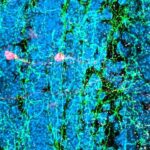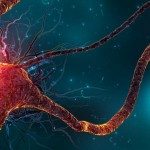About
Depressive episodes (EDs) are characterized by a negative emotional bias consisting of attributing more negative valences to stimuli. The correction of this bias seems necessary for the effectiveness of antidepressants (AD). While the central amygdala (AMG) plays a decisive role in emotional processes and EDs, important preclinical work has highlighted brain circuits from the AMG involved in the attribution of valences. We will study these mechanisms in an animal model of depression which we have shown to have a negative bias in the attribution of valences to odors. In this project we study the ability of ADs and especially ketamine (K) to reverse this process. In parallel, we will evaluate in depressed patients before and after treatment with K, the activation of the AMG by fMRI using an emotional task and the main projections that are involved in the animal in the attribution of valences.







